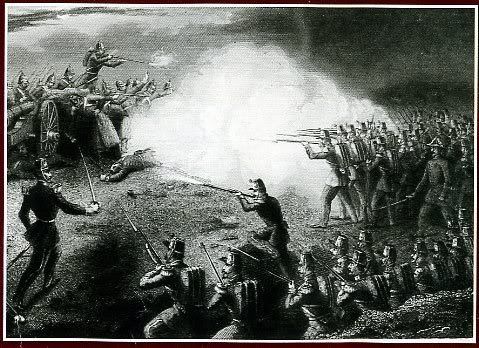ThanksComradeOm said::rofl: POTM!
On a slightly more serious note, it did give a very interesting insight into what it could have been like to live under an absolute monarchy.
Other fun things that that class taught me: the maximum "normal" number of children that a woman could give birth to in early 18th century Sweden was 17.
Last edited:



